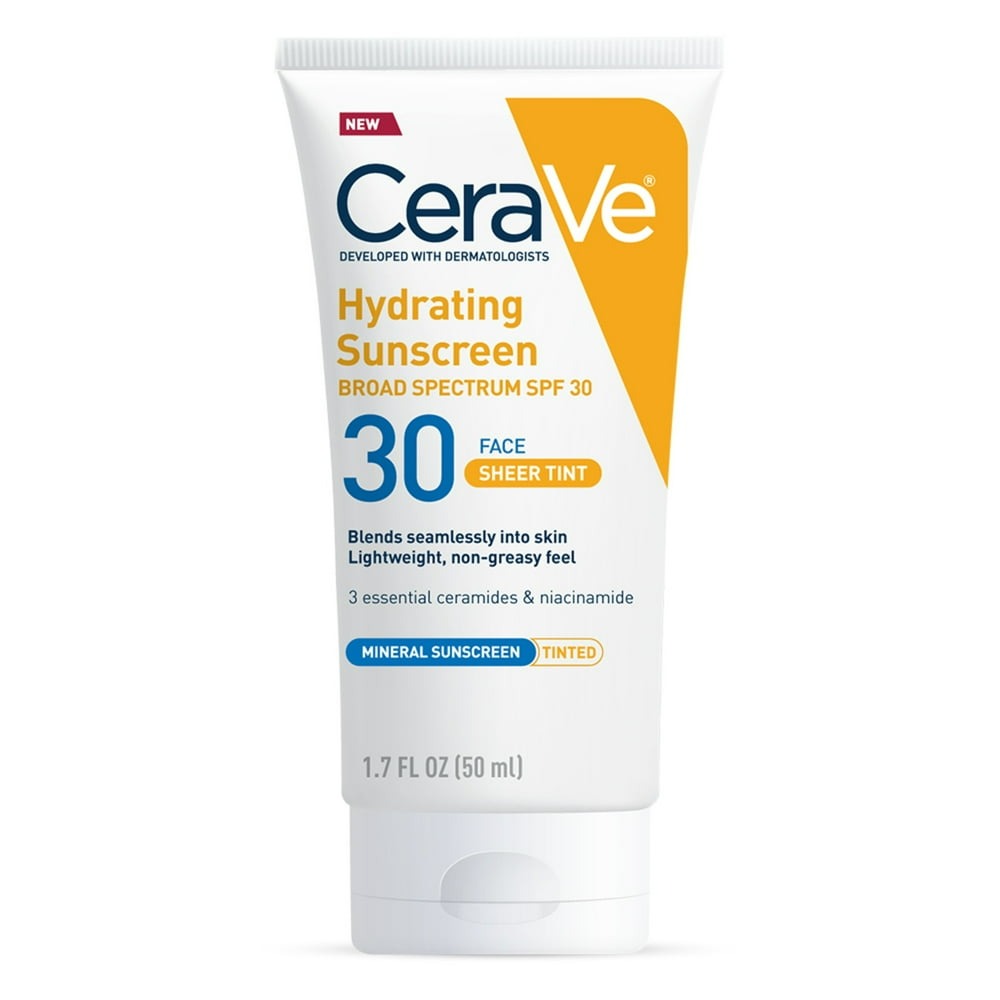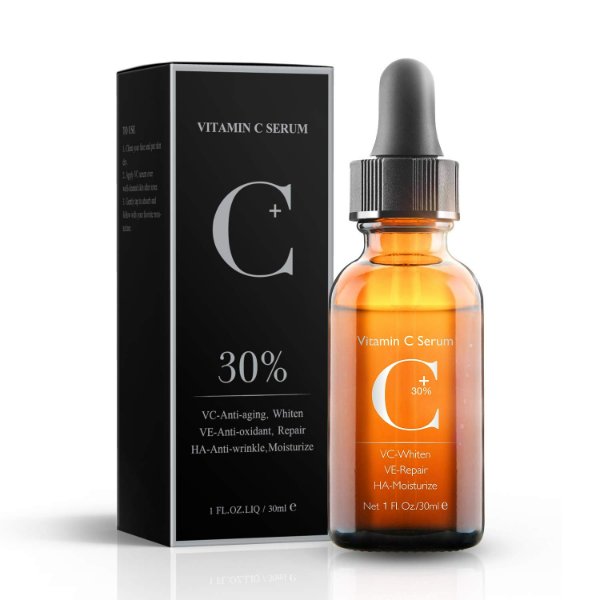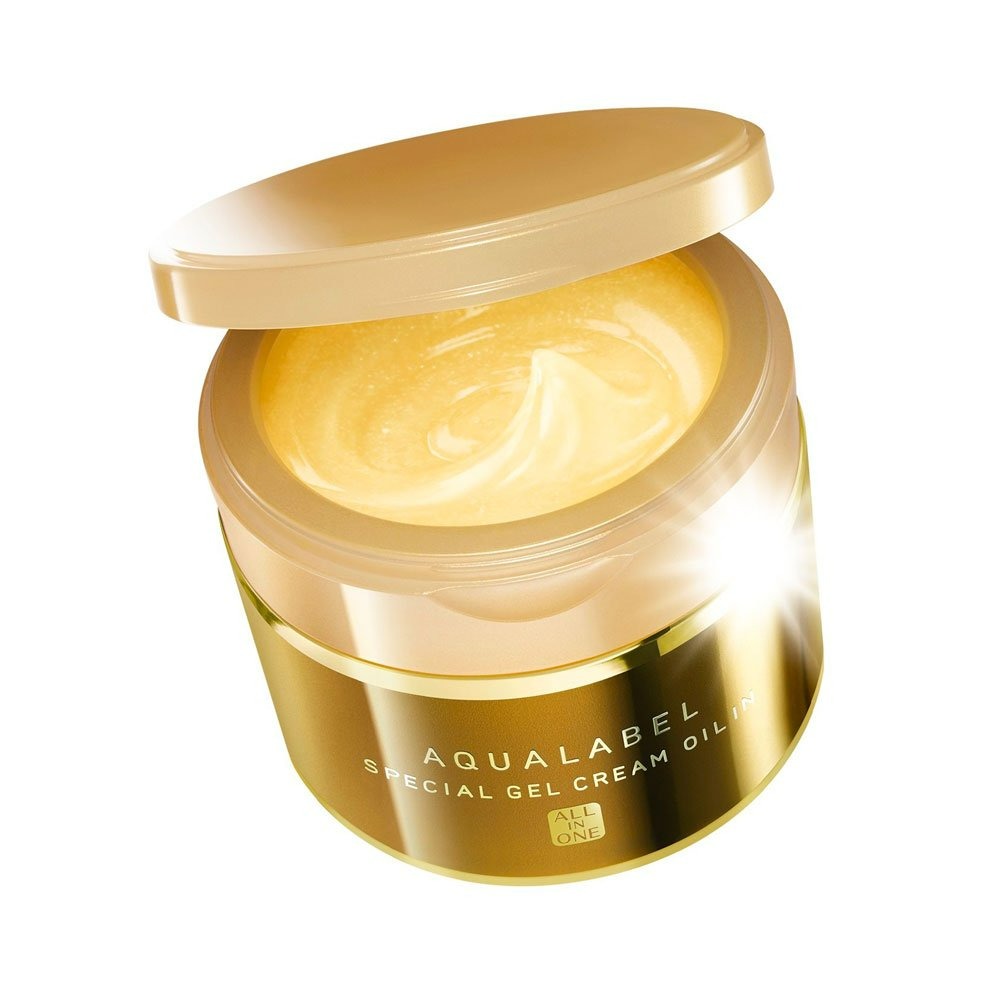Introduction to Pregnancy Safe Skin Care Concerns
Pregnancy brings many changes, including to the skin. It’s crucial for expecting mothers to consider the skin care products they use. During this time, the skin can become more sensitive and prone to reactions. Hence, it becomes imperative to scrutinize the ingredients in skin care products. Some ingredients might harm the developing baby or cause complications for the mother. This section aims to guide mothers-to-be in identifying skin care substances to avoid. It also provides safer alternatives to maintain a healthy skin care routine during pregnancy. By being informed and cautious, mothers can keep their skin healthy and safe for their babies.
The Impact of Hormones on Skin During Pregnancy
Hormones play a pivotal role in how your skin reacts during pregnancy. The surge in hormones like estrogen and progesterone can lead to noticeable changes. These may include increased oiliness, acne, pigmentation issues, and heightened sensitivity. It’s essential to understand these changes to adapt your skincare routine accordingly.
During this period, you might notice your skin becoming more prone to acne outbreaks. This happens due to increased sebum production driven by hormonal changes. Similarly, many women experience melasma or ‘mask of pregnancy,’ characterized by dark patches on the face. Stretch marks and spider veins are other common changes expecting mothers report.
The increased blood flow and hormonal changes can also make the skin more sensitive. This sensitivity means your usual skin care products might now cause irritation or allergic reactions. In light of these shifts, paying close attention to the ingredients in your skincare products is crucial.

Ingredients to Avoid in Pregnancy Skin Care Products
During pregnancy, it’s crucial to be mindful of the skincare products you use, as certain ingredients can potentially harm both the mother and the developing fetus. Below is a detailed overview of the key ingredients that should be avoided
Retinoids
Definition: Retinoids are derivatives of vitamin A commonly found in anti-aging products and acne treatments.
Reasons to Avoid: High doses of retinoids can lead to birth defects and developmental issues. Topical retinoids may be absorbed into the bloodstream, posing risks.
Types to Watch For:
Retinol
Tretinoin
Isotretinoin
Salicylic Acid
Definition: A beta hydroxy acid (BHA) that is often used in acne treatments and exfoliants.
Reasons to Avoid: High concentrations can potentially cause complications during pregnancy. It’s advisable to limit the concentration to below 2% and consult with a dermatologist.
Alternative Options: Look for gentle exfoliants, such as lactic acid or glycolic acid, at lower concentrations.
Hydroquinone
Definition: A skin-lightening agent used to treat hyperpigmentation.
Reasons to Avoid: Hydroquinone has been linked to potential reproductive issues and should be avoided during pregnancy due to its systemic absorption.
Recommended Alternatives: Consider natural brightening agents like vitamin C or licorice root extract.
Essential Oils
Definition: Concentrated plant extracts used for their aromatic and therapeutic properties.
Reasons to Avoid: Some essential oils, such as rosemary, sage, and eucalyptus, can stimulate the uterus or cause hormonal changes. Always consult a healthcare professional before using them.
Safer Choices: Use mild essential oils like lavender or chamomile, but in moderation.
Formaldehyde and Its Derivatives
Definition: A chemical used as a preservative in some cosmetics.
Reasons to Avoid: Formaldehyde is a known carcinogen, and exposure during pregnancy can be harmful to fetal development.
Watch Out For:
DMDM Hydantoin
Quaternium-15
Benzoyl Peroxide
Definition: A common ingredient in acne treatments that helps kill bacteria and reduce inflammation.
Reasons to Avoid: While generally considered safe in topical application, high doses or prolonged use may warrant caution during pregnancy.
Alternatives: Use gentle cleansers and, if necessary, discuss safe treatments with your healthcare provider.
Phthalates
Definition: Chemicals used to make plastics flexible and are often found in fragrances.
Reasons to Avoid: Phthalates have been linked to reproductive system abnormalities and are best avoided during pregnancy.
Safe Practices: Opt for fragrance-free products or those labeled as “phthalate-free.”

Safe Alternatives for Pregnancy Skin Care
Navigating pregnancy safe skin care is tricky but essential. Expectant mothers need safe, effective products that cater to hypersensitive skin without harming the developing baby. Thankfully, several skin care alternatives are proven safe and beneficial during pregnancy.
Recommended Safe Acids and Serums
When it comes to safe skin care acids during pregnancy, a few stand out. Glycolic acid, lactic acid, and azelaic acid offer gentle exfoliation and are generally safe. Glycolic acid enhances skin texture without harsh effects. Lactic acid, found in some over-the-counter products, is mild and hydrates the skin. Azelaic acid battles inflammation and hyperpigmentation effectively.
For serums, vitamin C and niacinamide are excellent choices. They improve skin brightness and provide antioxidant protection. Products like ‘The Inkey List SuperSolutions 10% Azelaic Serum Redness Relief Solution’ or ‘Paula’s Choice 10% Azelaic Acid Booster’ are beneficial and safe to use.
Mineral-Based Sunscreens
Sun protection remains crucial during pregnancy. Mineral-based sunscreens are safe and effective. Ingredients like zinc oxide and titanium dioxide shield the skin without risk of absorption. These components sit on the skin’s surface, blocking harmful UV rays effectively.
Opt for sunscreens labeled as broad-spectrum with SPF 30 or higher. This ensures protection against both UVA and UVB rays. Reapply every two hours when exposed to the sun to maintain protection.
Using these safe alternatives ensures that your skin care routine during pregnancy protects both your skin and your unborn child. It’s always best to consult with a healthcare provider for personalized advice.
Treatments to Avoid During Pregnancy
During pregnancy, certain cosmetic treatments pose risks to both the mother and the developing fetus. Understanding which procedures to avoid can help ensure a safer pregnancy journey.
Aesthetic Treatments
Most aesthetic procedures are not safe during pregnancy. These include Botox, fillers, and various types of laser treatments. Botox and similar treatments contain neurotoxins that might affect the fetus if they enter the bloodstream. Lasers can increase the risks of hyperpigmentation and are more painful due to heightened skin sensitivity during pregnancy.
Strong Chemical Peels
Avoid strong chemical peels during pregnancy. The high doses of acids used in these treatments can make already sensitive pregnancy skin react severely.
Some Beauty Services
Certain beauty services pose risks as well. This includes treatments that use formaldehyde, like Brazilian blowouts, and some nail services. Always check if the products used are free from harmful chemicals.
Navigating which treatments to avoid while pregnant can be challenging. Always consult with your healthcare provider before undergoing any cosmetic treatments or services. This ensures the safety of both you and your baby.

Simple and Safe Skin Care Routines
When adapting your skin care routine during pregnancy, simplicity is key. Here are some guidelines for a gentle and safe regimen.
Gentle Cleansers
Choose mild, fragrance-free cleansers. Avoid products with harsh chemicals or added fragrances that can irritate your skin.
Lightweight Moisturizers
Opt for oil-free, non-comedogenic moisturizers. They hydrate the skin without clogging pores or causing acne.
Sun Protection
Use mineral-based sunscreens with zinc oxide or titanium dioxide. These ingredients sit on the skin’s surface and block UV rays effectively.
Keeping your skin care routine simple and utilizing safe products ensure the health of both you and your baby during pregnancy. Always check product labels for harmful ingredients and consult with your healthcare provider.
Summary of Safe Practices and Recommendations
Pregnancy means being extra careful with skincare routines. Here’s a quick guide to keeping both mother and baby safe:
- Stay Informed: Always read product labels and avoid harmful ingredients such as retinoids, salicylic acid in high doses, certain essential oils, and strong chemical peels.
- Simple Routines: Use gentle cleansers, lightweight oil-free moisturizers, and mineral-based sunscreens.
- Consult Health Professionals: Before trying new skincare products or treatments, talk with a healthcare provider.
- Choose Safer Ingredients: Opt for products with safe acids like glycolic, lactic, and azelaic. Vitamin C and niacinamide in serums can help with skin brightness and hydration.
- Avoid Certain Treatments: Skip on aesthetic treatments like Botox, laser procedures, and strong chemical peels.
- Natural Alternatives: When possible, use natural or fragrance-free products to minimize the risk of skin irritation.
- Regular Check-ups: Keep up with prenatal visits and discuss any skin concerns or changes with your doctor.
By following these practices, expecting mothers can maintain healthy skin without compromising their baby’s safety.